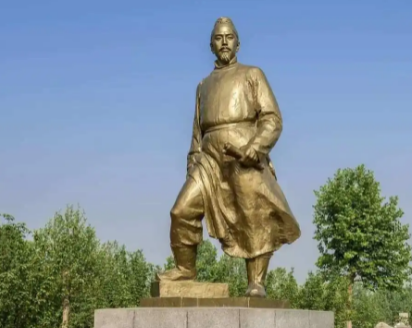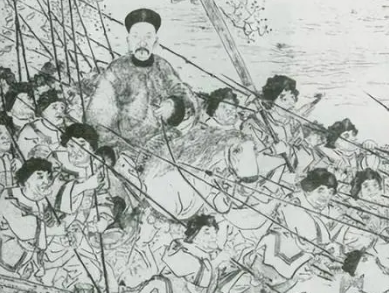In Chinese history, Zhang Zhongjing is hailed as the "Sage of Medicine," a renowned physician from the Eastern Han Dynasty. However, it is puzzling that there are few records of Zhang Zhongjing's actual existence in official histories. What is the reason behind this? This article aims to explore this question and unravel the mystery of Zhang Zhongjing's absence in official histories.

Firstly, it is crucial to understand the characteristics of official history compilation. Official histories refer to historical books compiled by ancient officials, primarily documenting significant events in politics, economy, and culture across various dynasties. Due to the influence of official ideology in their compilation, they tend to focus more on recording the deeds of emperors, generals, and ministers, while giving less attention to figures such as scientists and physicians from the civilian sector.
Zhang Zhongjing lived during the turbulent and politically corrupt Eastern Han Dynasty. As a physician, despite his exceptional medical skills, he did not involve himself in politics. Therefore, it is understandable that his records in official histories are scarce.
However, Zhang Zhongjing's medical achievements were widely recognized during his time and later generations. His work, "Treatise on Cold Pathogenic and Miscellaneous Diseases," is a landmark medical text that has had profound impacts on the development of medicine. This treatise elaborates on the etiology, pathology, diagnosis, and treatment of colds and other miscellaneous diseases, providing crucial theoretical guidance for clinical practice in traditional Chinese medicine. It is through the dissemination of this work that Zhang Zhongjing's name has been celebrated among the people and become a role model in the medical community.
Apart from "Treatise on Cold Pathogenic and Miscellaneous Diseases," Zhang Zhongjing also established the treatment principle of "syndrome differentiation and treatment," emphasizing the development of personalized treatment plans based on the specific symptoms of patients. This principle remains one of the core concepts in clinical practice of traditional Chinese medicine to this day.
Despite the limited records of Zhang Zhongjing in official histories, his contributions in the medical field are undeniable. His medical achievements were recognized during his time and have had far-reaching impacts in later generations. It is because of Zhang Zhongjing's outstanding contributions that he is revered as the "Sage of Medicine" by later generations.
In conclusion, there are various reasons for Zhang Zhongjing's absence in official histories. As a physician, his primary contributions were concentrated in the medical field, rather than politics. The characteristics of official history compilation have led to the inadequate recording of his actual existence. However, through other avenues, such as the dissemination of works like "Treatise on Cold Pathogenic and Miscellaneous Diseases," Zhang Zhongjing's name and medical achievements have been passed down through the ages, making him a prominent figure in the history of traditional Chinese medicine.
Disclaimer: The above content is sourced from the internet and the copyright belongs to the original author. If there is any infringement of your original copyright, please inform us and we will delete the relevant content as soon as possible.






























